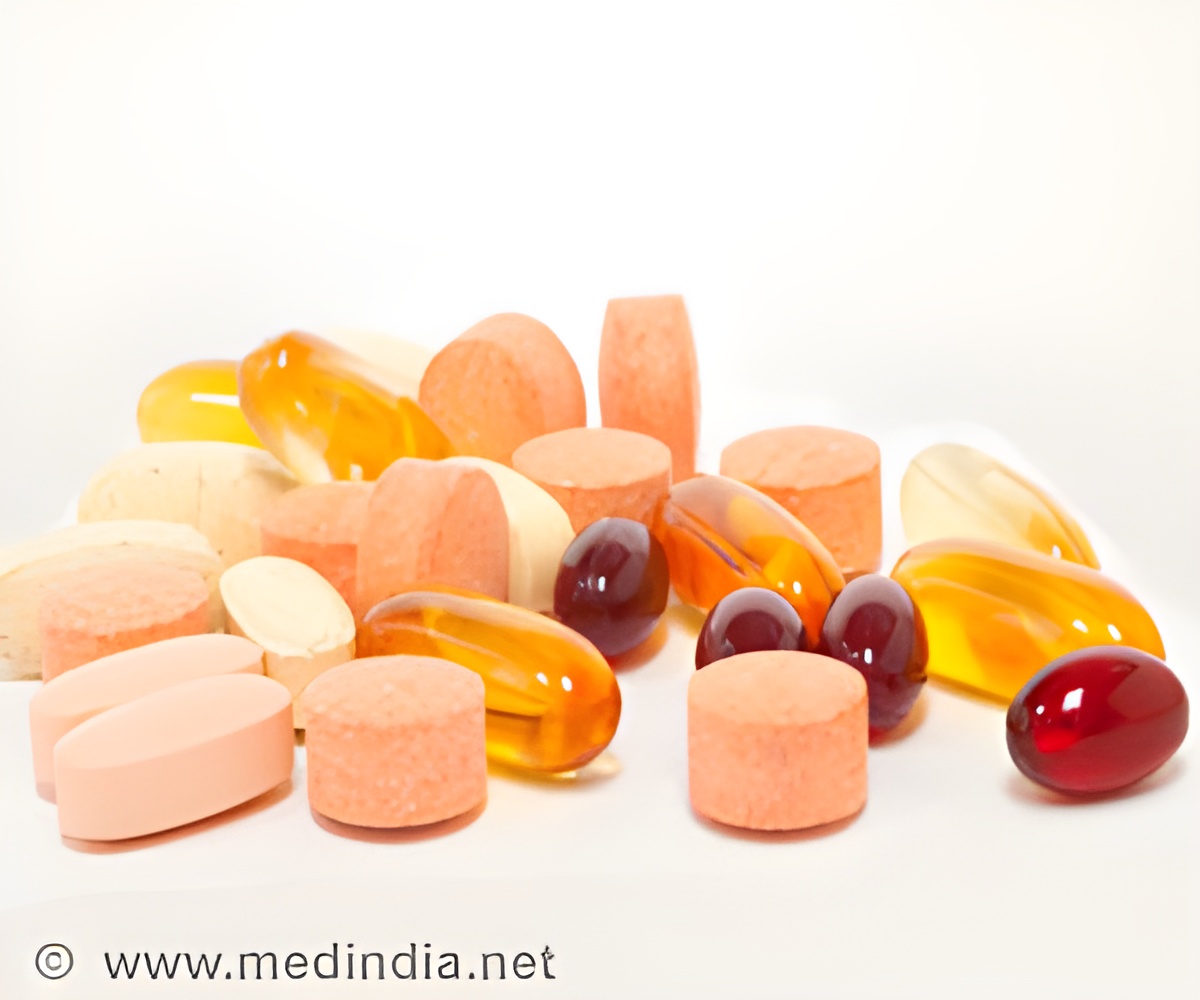A new study has found that vitamins C and E dramatically reduce the lifespan of a particular group of mammals. This has raised doubts over the benefits of vitamins as a health supplement.

The research team fed field voles - a small rodent resembling a mouse but with a stouter body - a diet supplemented with high levels of vitamin E or vitamin C from the age of two months in either warm or cold conditions and compared their longevity to groups of voles fed a regular diet.
High doses of dietary antioxidants such as vitamins are commonly said to slow the process of cellular ageing by lessening the damage to proteins, lipids and DNA caused by free radicals.
Previous research conducted by the team had shown that the longevity of mice could be extended by administering particular vitamin supplements, despite the supplements' limited effectiveness in reducing free radical damage.
However, the opposite was found to be true in voles.
Compared to animals on a regular diet, the lifespan was reduced by 11 percent and 26 percent for vitamin E and C voles in the cold conditions and by 17 percent and 18 percent for vitamin E and C voles in the warm conditions.
Advertisement
"When we began our research, we expected that voles' lifespans would be boosted by the vitamin supplements in a similar way to the mice we had tested previously, so we were surprised to see that was not the case," said Colin Selman of the University of Glasgow's Institute of Biodiversity, Animal Health and Comparative Medicine, who conducted the study.
Advertisement
Source-IANS









